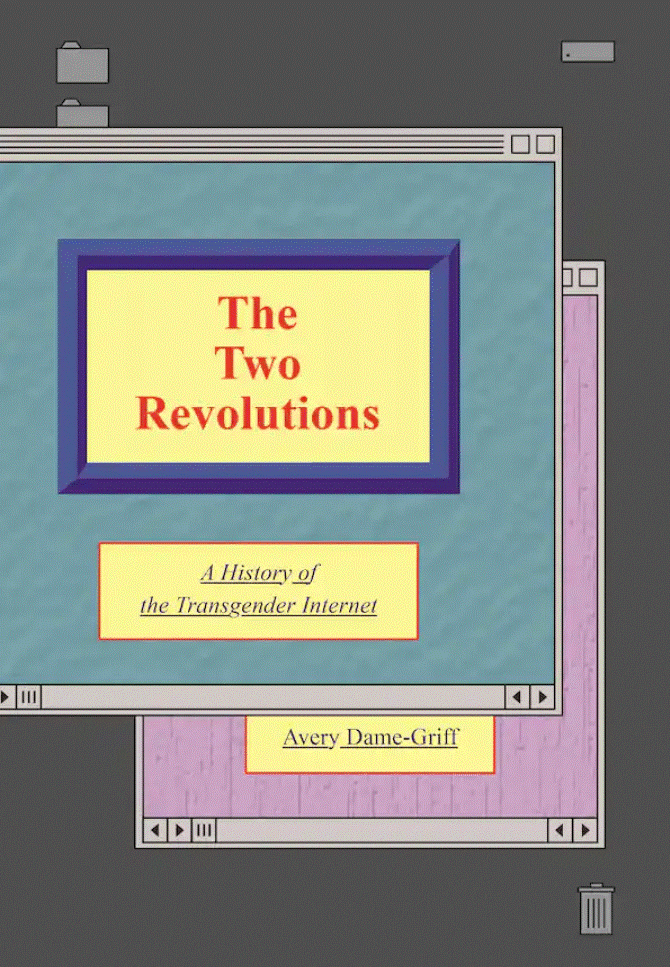
Archive for September 2023
Feasibility and Benefit of Cognitive Behavioural Therapy for Psychosis via Teleconsultation in Indonesia: A Case Study of a 40-Year-Old Schizoaffective Disorder Patient
At all costs: educational expansion and persistent inequality in the Philippines
Behavioural insights on health service needs and access: results of a qualitative study among refugees from Ukraine in Slovakia: September 2022–January 2023
The Child–Parent Caregiving Relationship in Later Life: Psychosocial Experiences

Impact of compensation and willingness to keep same career path on burnout among long-term care workers in Japan
Biotypes of CNS Complications in People Living with HIV (P01 Clinical Trial Not Allowed)
Association between maternal HIV infection and the risks of preterm birth and low birth weight in Chengdu, China: a propensity score matching approach
People with mental illness stigmatize mental illness less: A comparison study between a hospital-based sample of people with mental illness and a non-clinical general population sample in urban India
Needs and experiences of cancer care in patients’ perspectives among the lesbian, gay, bisexual, transgender and queer community: a systematic review
Changes in the prevalence of dementia in Australia and its association with geographic remoteness
Autistic adults’ inclination to lie in everyday situations
Does It Matter How the Rigor of High School Coursework Is Measured? Gaps in Coursework Among Students and Across Grades
Adults with intellectual disabilities’ satisfaction regarding their hospitalization: A correlational descriptive study
Aberrant brain activity in pedophilia links to receptor distribution, gene expression, and behavior
From “behind the bridge” to the presidency of the American Psychological Association: Lessons learned on an unplanned journey.
The Limits of Counterculture Urbanism: Utopian Planning and Practical Politics in Berkeley, 1969–73

Journal of Planning History, Ahead of Print.
Around 1970, the City of Berkeley briefly became an epicenter of radical experimentation in urban planning and design, directly stemming from the counterculture of the late 1960s. This essay examines the ideological and political emergence of Berkeley’s counterculture urbanism, arguing that its experiments left two important legacies in the history of planning. On the level of utopian thought, it articulated a clear alternative to mainstream capitalist urban development, or what Henri Lefebvre called “abstract space.” On the level of contemporary planning practices, it opened up still-unresolved conflicts, especially between localized environmental preservation and the abstract, economic demands for affordable housing.
Resilience of Latina Caregivers Improves after Participating in a Social Determinants of Health (SDOH) Intervention in their Medical Home
SALUDIVERSEX: A quality of life and sexual health intervention for adults with mild intellectual disabilities
Cross-National Analysis of the Associations Between Familism and Self-Efficacy in Family Caregivers of People With Dementia: Effects on Burden and Depression
Identity Theft, Trust Breaches, and the Production of Economic Insecurity
Research evidence on psychotherapist skills and methods: Foreword and afterword
Parental Resilience in Families of Children With Autism Spectrum Disorder
Which Environmental Social Work? Environmentalisms, Social Justice, and the Dilemmas Ahead
Preventive Healthcare Screening Completion Among Midlife and Older Adults With Intellectual and Developmental Disabilities
As more young people receive psychiatric care, some hospitals have opened their own schools
Physical activity and social interaction assessments in schoolyard settings using the System for Observing Outdoor Play Environments in Neighborhood Schools (SOOPEN)
The Two Revolutions: A History of the Transgender Internet
